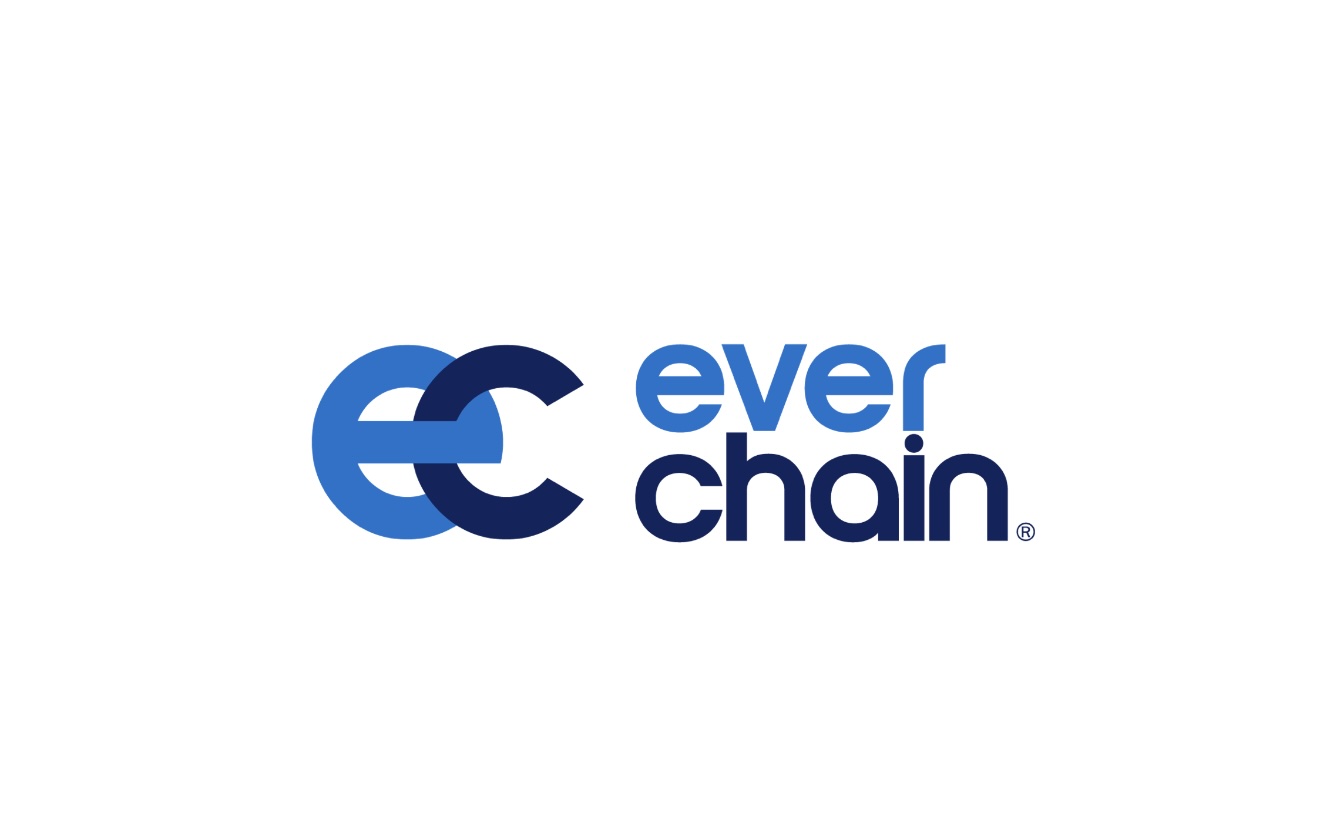Yesterday, the U.S. Department of Justice (DOJ) notified the U.S. District Court for the District of Columbia and the D.C. Circuit in the matter of National Treasury Employees Union v. Vought that the Consumer Financial Protection Bureau (CFPB or Bureau) anticipates exhausting its currently available funds in early 2026. The filing attaches a November 7 opinion from the Office of Legal Counsel (OLC) to Acting Director Vought concluding that the CFPB’s statutory funding stream — quarterly transfers from the “combined earnings of the Federal Reserve System” under 12 U.S.C. § 5497(a)(1) — is unavailable while the Federal Reserve operates at a loss. The Bureau expects to continue operating, including in compliance with an existing district court injunction, through at least December 31, 2025, but absent congressional action may face a funding lapse thereafter, which would trigger Antideficiency Act constraints.
The OLC Opinion
OLC interprets “combined earnings” to mean profits (revenues minus interest expense), not gross revenues. Because the Federal Reserve has reported net interest losses since 2022 and uses a deferred asset to reflect cumulative losses, OLC concludes there are currently no “combined earnings” from which the CFPB may lawfully draw. The opinion rejects drawing on future earnings or the Fed’s surplus fund, explaining that § 5497(a)(1) requires quarterly transfers of earnings actually on hand and that the surplus balance reflects a credit tied to the deferred asset rather than realized profits. OLC further cautions that directing transfers beyond what § 5497 authorizes would raise Appropriations Clause concerns, and that instructing other officers to effect such transfers could implicate the Oath or Affirmation Clause.
Antideficiency Act
In its notice, DOJ states the Bureau will prepare the report to the President and appropriations committees required by § 5497(e)(1)(B) if available funds are insufficient. The Antideficiency Act generally prohibits obligations or expenditures in excess of or in advance of appropriations, and bars most work during a lapse except for narrow “emergency” functions involving imminent threats to life or property. DOJ also acknowledges the district court’s existing injunction governing employment, contracting, and facilities remains in effect; the Bureau does not read any provision of that injunction to require action inconsistent with the Antideficiency Act. CFPB anticipates having sufficient resources to continue operations consistent with the injunction through at least December 31, 2025.
What This Means for Enforcement, Supervision, and Rulemaking
If funding lapses occur in early 2026, the CFPB would enter a shutdown posture. Most enforcement and supervisory activities, rulemakings, and routine administrative functions would pause unless they qualify as excepted activities under the Antideficiency Act. Investigations, examinations, litigation filings, settlement approvals, and consent order administration could be delayed; rulemaking timelines and policy issuances would likely slip. Courts will evaluate stay or schedule‑adjustment requests case by case. As a practical matter, state attorneys general and state financial regulators often increase activity when federal enforcement slows, particularly in areas such as collections, mortgage servicing, small‑dollar lending, and fair lending. Private litigation risk also tends to rise when federal oversight recedes.
We will continue to monitor the Bureau’s § 5497(e) report to the President and appropriations committees, congressional appropriations developments, and any operational guidance the CFPB issues as events unfold.





